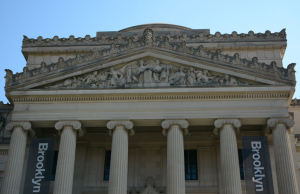Imagine that organizational risk was forecastable in a similar manner as an approaching storm. The opportunity to see issues coming ahead of time might help your organization prepare and batten down the hatches. Such forecasting might be possible via workshopping with organizational experts.
- During her session, “The Next Art Movement: Forecasting Changes in Your Risk Landscape” at Risk Summit 2017 in Philadelphia, Pa., Melanie Lockwood Herman, executive director of the Nonprofit Risk Management Center, discussed the Delphi Method of forecasting risk. The Delphi Method is an interactive forecasting method using a panel of experts via a structured process. Round after round, forecasts are summarized, revised, and take more solid form. Basic framework shared by Herman during the presentation included:
- Define a cone of uncertainty, and its breadth, equating to overall uncertainty. Identify the possibilities that extend from a particular moment or event. Apply to various aspects of your organization a formula that addresses three influencers of that aspect, the probable scenario for three years from now, a transformative scenario, and a wildcard scenario;
- Build on your cone of uncertainty. In pairs, add another probable scenario, transformative scenario, and wildcard. Then, in a group, select one participant’s cone and add two probable or transformative scenarios and another wildcard. Be broad as to encapsulate numerous different hypotheticals;
- Test your scenarios. Is there a plausible chain of events, actions, counteractions that could lead to this in the future? What would make it more plausible? Think about various stakeholders including funders, clients, volunteers, and staff. Who would support the scenario and who would try to change it? Why;
- Think outside the box. Don’t disregard oddball curiosities or things that haven’t worked in the past. Hold strong opinions weakly. Do not over rely on a piece of information because it supports your conclusion; and,
- Spend twice as much time looking back than looking forward. History has a way of repeating itself.










